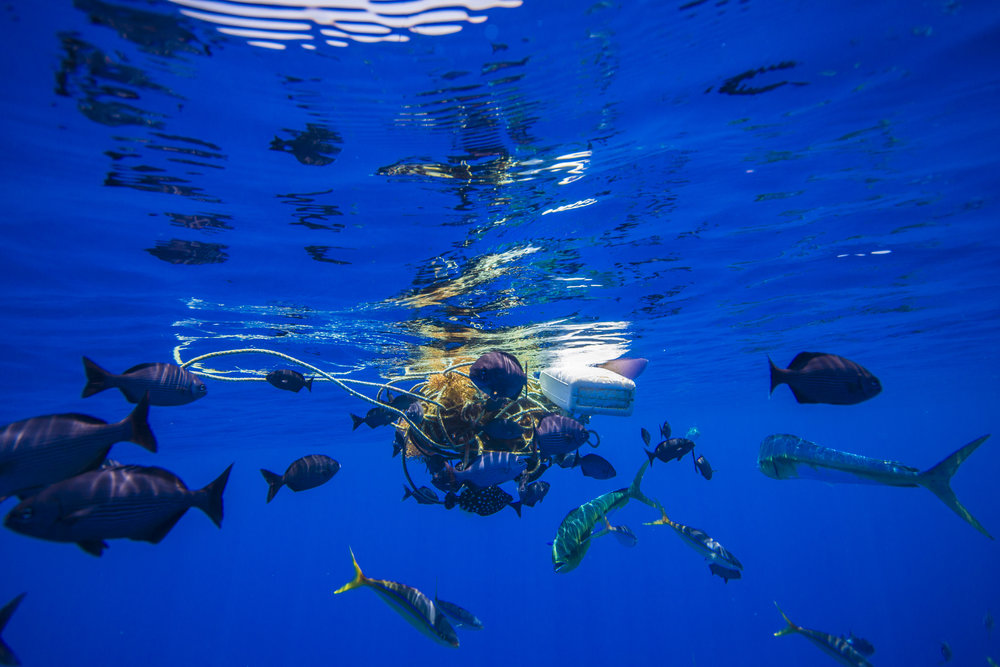Bermuda Environmental Sustainability Taskforce [BEST] and the Bermuda College announced the fourth presentation in their series of Eco Lunch & Learns will be held on Thursday, February 28, 2019.
Dr. Robbie Smith, Curator of Bermuda’s Natural History Museum, will be discussing the results of a study of plastic marine debris conducted by the Bermuda Marine Debris Taskforce, from 2010-2016.
Using students and volunteers, the group, including Bermuda College, surveyed 4 beaches very frequently to assess how much plastic debris is stranding on our island. He will also talk about his work with his research students on microplastics in the Sargasso Sea, in our inshore waters and its impacts on our marine life.
Dr. Robbie Smith is a Bermudian scientist, who worked as a research assistant at BIOS [then BBSR] from 1979 to 1985. He completed his Ph.D. at the University of Georgia in 1990, conducting research on Bermuda’s coral reefs. He returned to Bermuda in 1990 as a Faculty member at BIOS and set up the Benthic Ecology Research Programme, focusing on the impacts of the Tyne’s Bay incinerator and other projects on the ecology of Bermuda’s coral reefs, seagrass beds and mangroves.
He also developed a series of coral-related projects in the Florida Keys. Dr. Smith left to work as Lecturer in Biology at Georgia State University in Atlanta from 2003 to 2009, and continued to work in the Florida Keys. He became the Curator of the Bermuda Natural History Museum in 2009 and began research on Bermuda’s land snails, the impacts of lionfish, deep coral reefs, the Sargassum community and our bait fishes, usually finding ways to incorporate graduate and undergraduate students and their thesis projects.
Kim Smith, Executive Director at BEST said ‘Anyone who walks along Bermuda’s shoreline has seen the quantity of plastic debris that gets washed-up. While a lot of it originates in Bermuda, we also get foreign fishing nets and other plastics circulating in the Atlantic Ocean littering the shore. It makes no sense to bury our heads in the sand; we must face the fact that we each need to do our part to influence the serious issue of marine debris.”
Read more here: http://bernews.com/2019/02/eco-lunch-learn-on-plastic-marine-debris/

